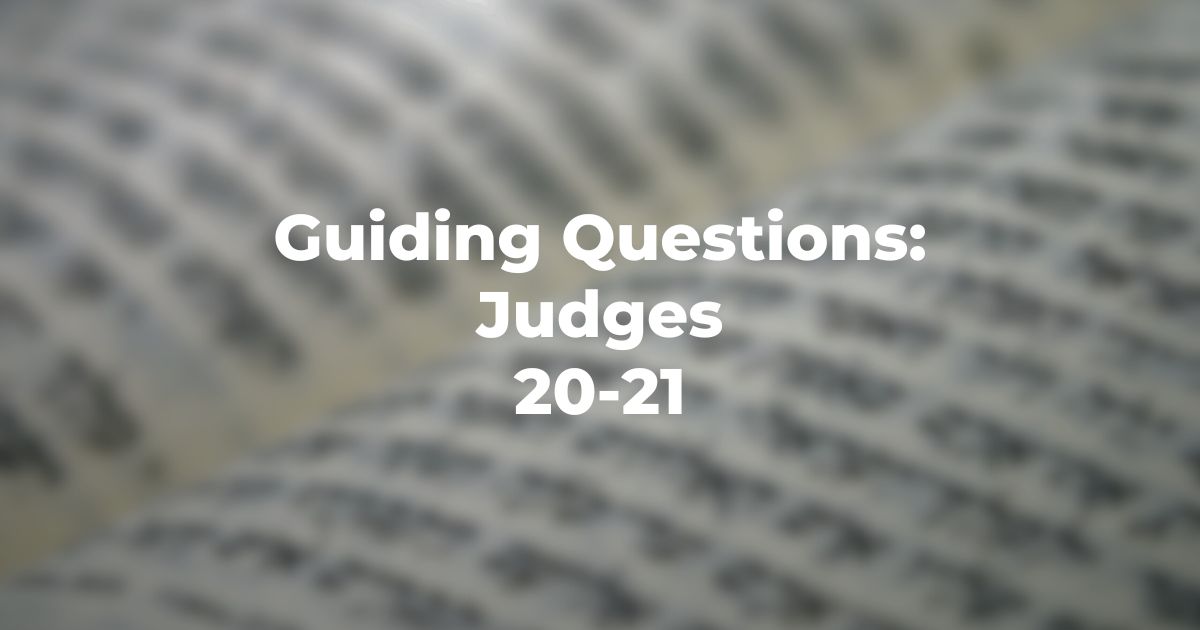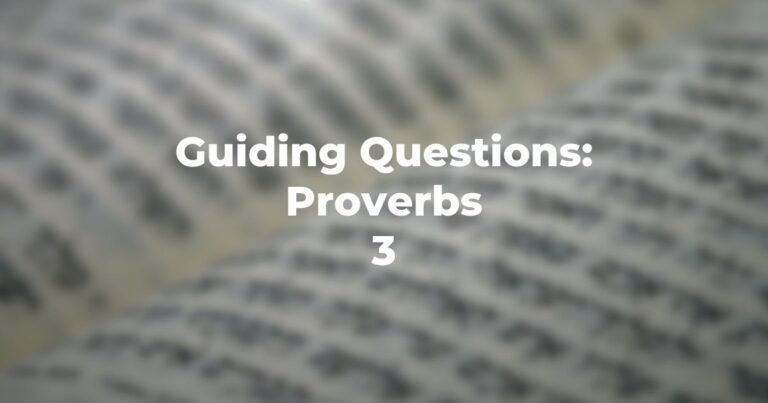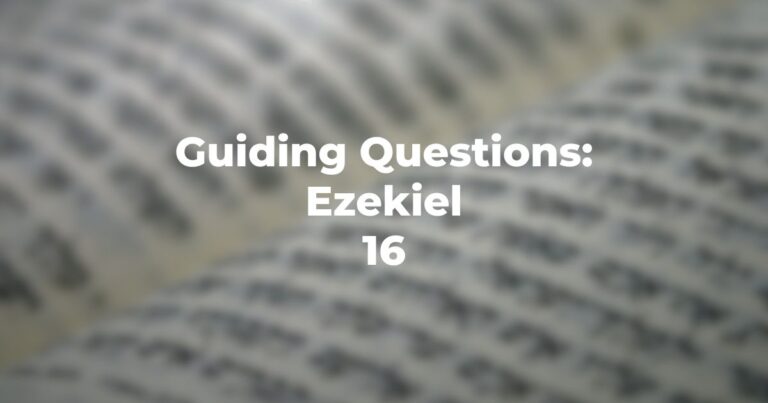- Why have the Israelites — from all sections of the country (as the author describes it), rallied to Mitzpah and is the rally to a geographic location or rallying to some other site of import?
- Is the narration set forth by the “ish Haleyvi” exactly what transpired in Givah or is something omitted? What is his plea to the assembled Israelites?
- What is the action undertaken by the assembled group?
- And, in verse 11 what word appears which the text has not set forth before and which is meant to reflect a particular relationship on the part of the group (save, of course, for the Binyaminites)?
- What is the first action undertaken — attack or dialogue? And, is the intent of the assembled to punish the entire tribe of Binyamin or those who are responsible for what happened in Gibeah?
- Would verse 15 indicate that the Benjaminites were a small group at this particular time? (And is the word “elef” — a thousand or “aluf” — a contingent?)
- In verse 16 we encounter a phrase which had appeared earlier in connection with one of the Shoftim — a physiological term; what is it — and does it imply that the phrase means “shriveled” or, rather, talented in terms of a particular weapon? Or talented with the left hand?
- Prior to the attack by the Israelites what action do they undertake?
- Do the Israelites go to ask of God at Shilo or elsewhere? Why does the “united federation” suffer defeats — did it “ask” properly and in the proper place?
- When victory is achieved is the federation militia still overwhelming in numbers and, if no, to whom/what is the author now ascribing the victory?
- Immoral as a tribe may be will the other tribes permit it to entirely disappear?
- And — the moral aspects aside (for only a moment) when, save for the description of early Joshua days, was there such unity amongst the tribes?
- Is the author hinting at a restoration of common purpose (negative catalyst to the contrary notwithstanding)?
- And if “there is no king in Israel,” is that a lacunae or a desideratum — after all, is not God the ruler of the Israelites?
- Is the ending, then, hopeful or despondent? And, who in the final analysis must decide what an individual does — the individual or a political superior (king, flesh and blood) since the Israelite is answerable, as an individual to…?
Author
-

Exploring Judaism is the digital home for Conservative/Masorti Judaism, embracing the beauty and complexity of Judaism, and our personal search for meaning, learning, and connecting. Our goal is to create content based on three core framing: Meaning-Making (Why?), Practical Living (How?), and Explainers (What?).
View all posts



